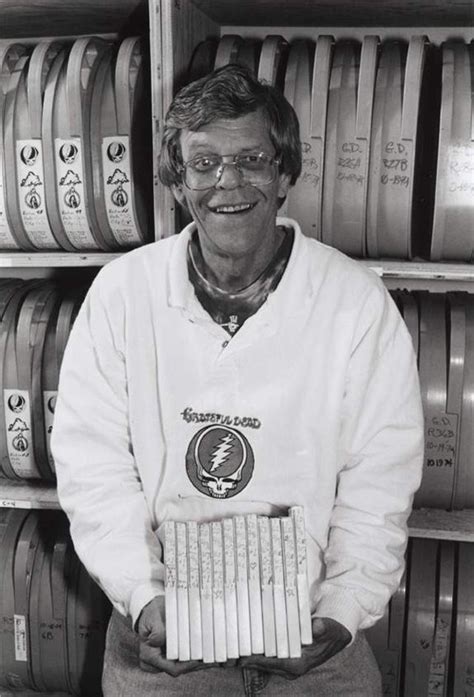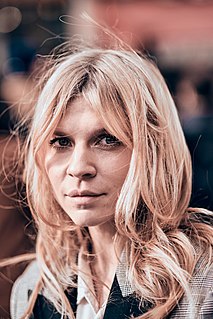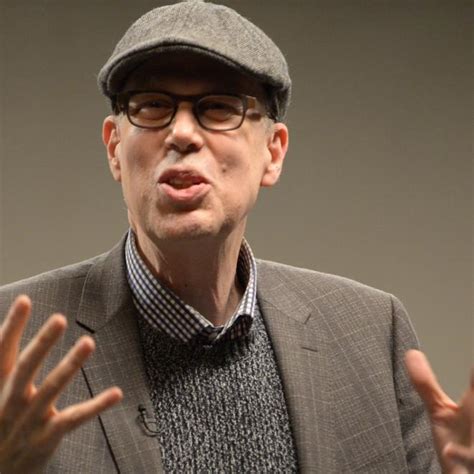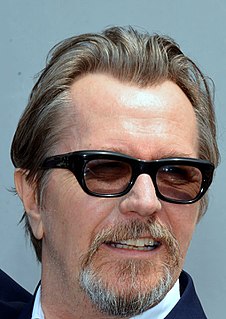A Quote by Andy Serkis
The great thing about performance capture is you can go off, and then, without changing costume, you can become another character.
Related Quotes
Motion capture is exactly what it says: it's physical moves, whereas performance capture is the entire performance - including your facial performance. If you're doing, say, martial arts for a video game, that is motion capture. This is basically another way of recording an actor's performance: audio, facial and physical.
My belief about performance capture is that it's a technology which allows actors to play extraordinary characters. But from an acting perspective, I've never drawn a distinction between playing a conventional, live action character and playing a role in a performance capture suit. And from a purely acting point-of-view, I don't believe there should be a special Oscar category because I think it sort of muddies the waters in a way.
In 'Uncharted,' we do the scenes the same way you would do a film or television show. The motion capture - the performance-capture process - is what makes such a difference for this franchise. So I don't approach it any differently. The other actors and I go in and rehearse scenes together, and then we go in the next day and perform.
I design for the movie and the character as well as the person wearing the costume. I show the ideas to the actor, then do fittings for shape and technical things such as movement in the costume. Once the costume in this form is on the actor, you have a sense of their connection with it. I then take it to the next level with the final fit.
Costume is always an asset. Normal costume you have a lot to say about - if you're wearing suits or ties, and what color you want, and how it's going to be cut, and stuff like that, and whether or not you're going to wear a hat, and blah, blah, blah. But, when you're wearing a special costume, and of course, costume is probably the second ingredient in character, script being first, I always find that the costume does a lot to cement your character, to put it firmly in mind.
I'm very much into the costuming of any character that I portray and it's one of the great things about making movies is it's a collaborative art form so you get all these artists who are looking specifically about for this instance your character's costume and what that might tell about your character.
It sounds really corny but every film that you do is its own journey, it's its own experience, it's its own thing. Often you think it's going to be one way and then it goes another way - you think you can chart a character and then other things happen. That's the amazing thing about our jobs, it's constantly changing and it's extremely dynamic and you therefore have to be dynamic as well.
A good or great performance is like peeling an onion; in every scene you reveal another layer, something the audience hasn't seen until then. They stay involved because they are constantly learning about and discovering the character they are watching. They can't take you for granted and it keeps them hooked.
It's really up to the acting community to be willing to be educated about what performance capture is in order to fully appreciate it as acting. It's not a type of acting, but rather the use of technology to harness an actor's performance and translate it into an ape, another animal, or an avatar of some kind.





























